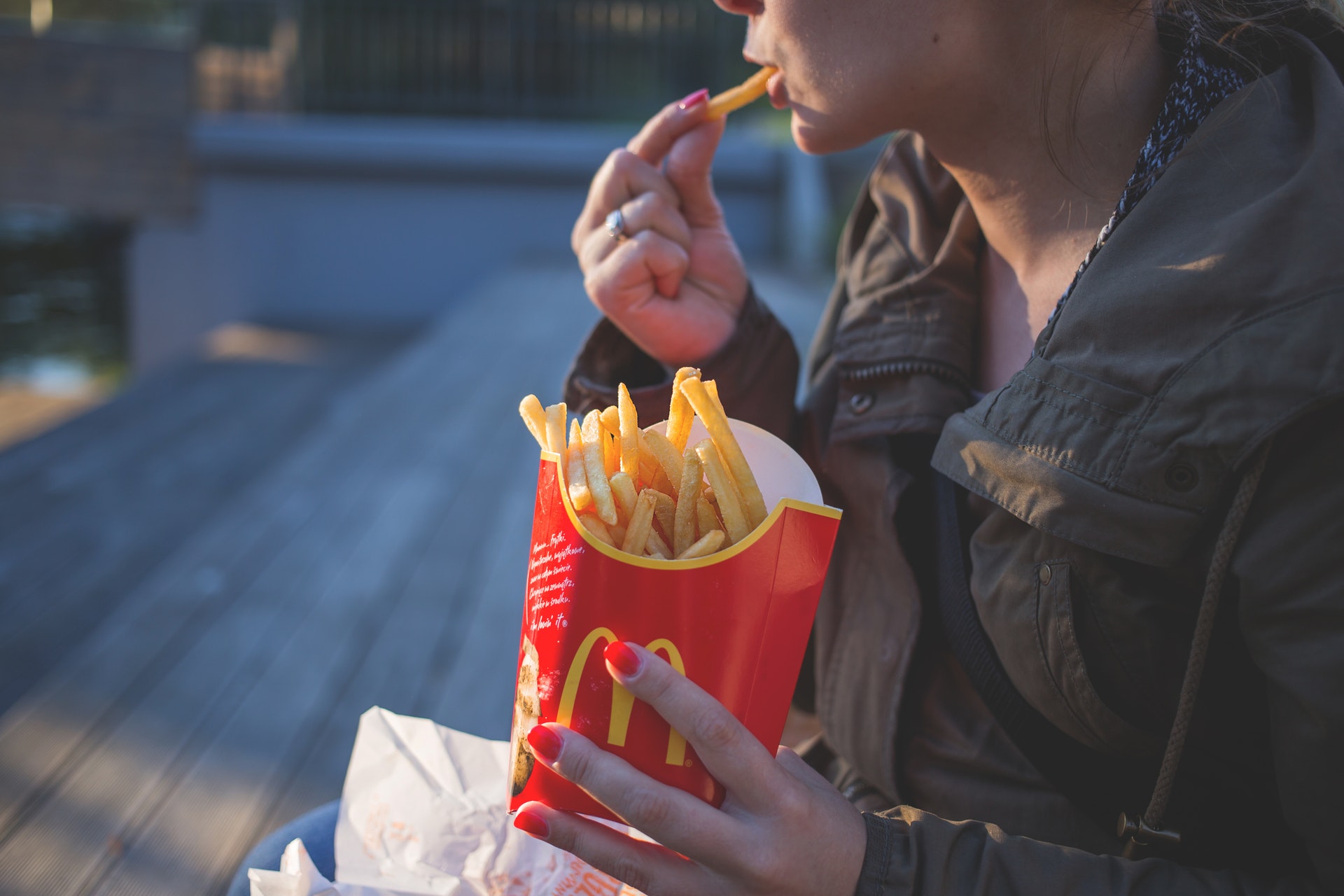
Is Emotional Eating a Sign of Anxiety?
The Calli InstituteWith the holidays now upon us, it’s easy (and even socially acceptable) to overindulge in tasty sweets, comfort foods, and festive cocktails throughout the season.
After all, the holidays are packed with family gatherings, the annual office holiday party, and hours spent baking your favorite sugar-filled recipes. It’s hard to resist such temptations. The holidays, however, can also create added anxiety. From getting the perfect tree and decorating the home to shopping for everyone on your list without accumulating more debt, this time of year is wonderfully joyous, yet increasingly stressful for many.
According to Harvard Health Publishing, when stress persists over a period of time, our bodies release a hormone called cortisol. This hormone increases our appetites and heightens our motivation—which in this case means our motivation to overeat.
Emotional eating, sometimes referred to as stress eating, is typically an unconscious behavior trigged by both interior or external factors in our life. When your anxiety level rises, you may find yourself mindlessly eating leftovers from the fridge, all packed with salt, carbohydrates, and saturated fats that may provide you with relief—momentarily. The problem is emotional eating never gets to the underlying issue you’re facing and leads to negative outcomes, including depression, weight gain, and a negative self-image—all of which can restart the cycle of emotional eating again.
5 Signs Your Emotional Eating is a Sign of Anxiety
- You eat when you feel emotionally stressed
- You eat even when you’re not physically hungry
- You use food as a reward
- You feel like you’re eating is out of control
- You use food to cope with sadness, loneliness, or boredom
If any of these signs sound familiar, you may be using food as a way to cope with an emotional issue that’s causing you anxiety. You’re not alone in this struggle, and there are many ways you can take control of your eating habits and live a healthier, happier lifestyle, such as;
Identify Your Triggers: We all face triggers that cause us to feel powerless over our emotions or circumstances. The first step to overcoming emotional eating if being mindful of what’s causing you to rely on food for comfort. Perhaps, it’s stress over your career or finances, a problem with a spouse or loved one, or even boredom can be the culprit.
Choose Healthy Alternatives: Once you’ve identified your triggers, start to replace your eating habits with other activities. For instance, before heading to the fridge, try going out for a 15-minute walk for fresh air and see if you still feel hungry afterwards. If you’re feeling anxious about a particular situation, make yourself a soothing cup of tea, light some aroma therapy candles, or take a bath to help ease your muscles. If you’re feeling lonely, call up an old friend or family member to talk it out.
Seek Professional Guidance: Experiencing anxiety from time to time is a natural part of life. However, if your anxiety seems to last for days and is beginning to disrupt your personal life, creating problems at work, or causing problems in your marriage or family life, you may be living with an anxiety disorder, which means it’s time to seek professional help from a mental health professional.
Did you know that anxiety disorders are the most common mental health conditions diagnosed in the United States? It’s true and you should never feel embarrassed about asking for help. In fact, with the right therapy and lifestyle changes, you can reclaim your mental health and wellness and avoid excessive behaviors like emotional eating. To learn about the different types of anxiety disorders that affect people every day, visit our website. If you’d like to request an appointment or inquire about a psychological assessment, contact us today and discover how the Calli Institute can design a personalized treatment plan to help you win the fight against anxiety disorder.
